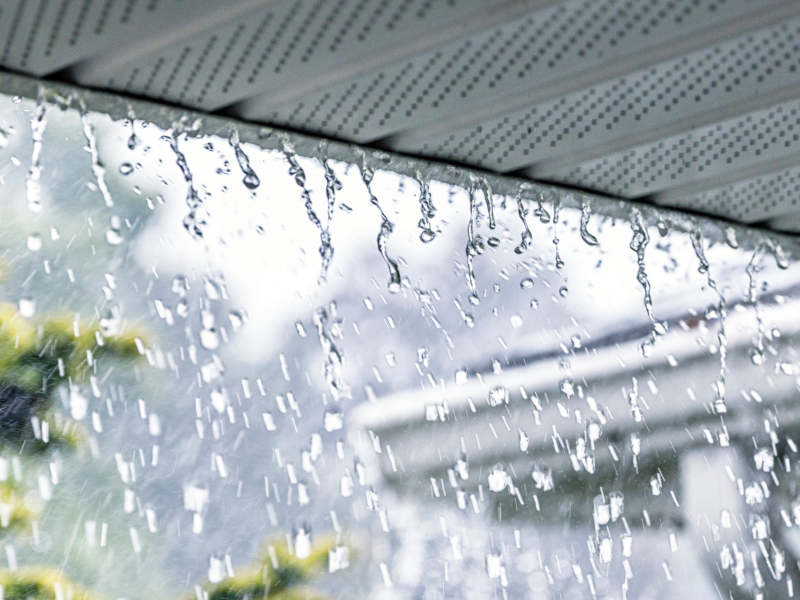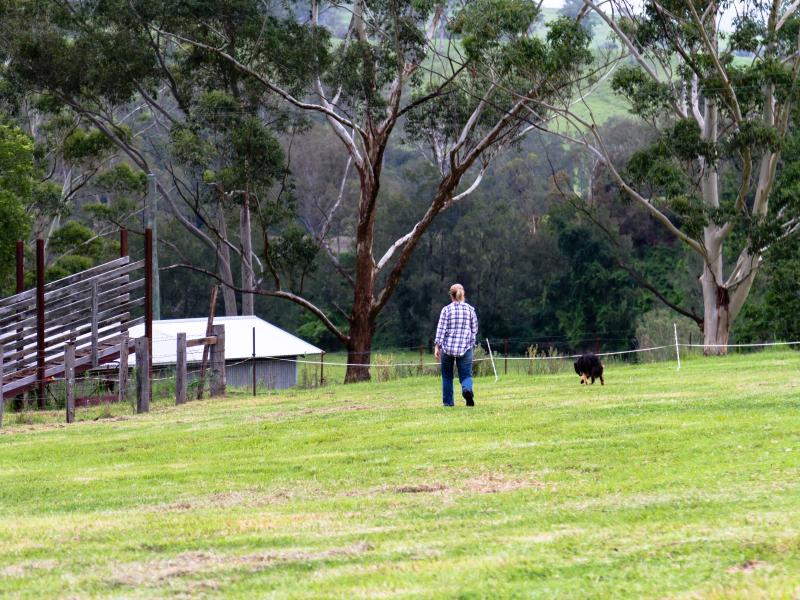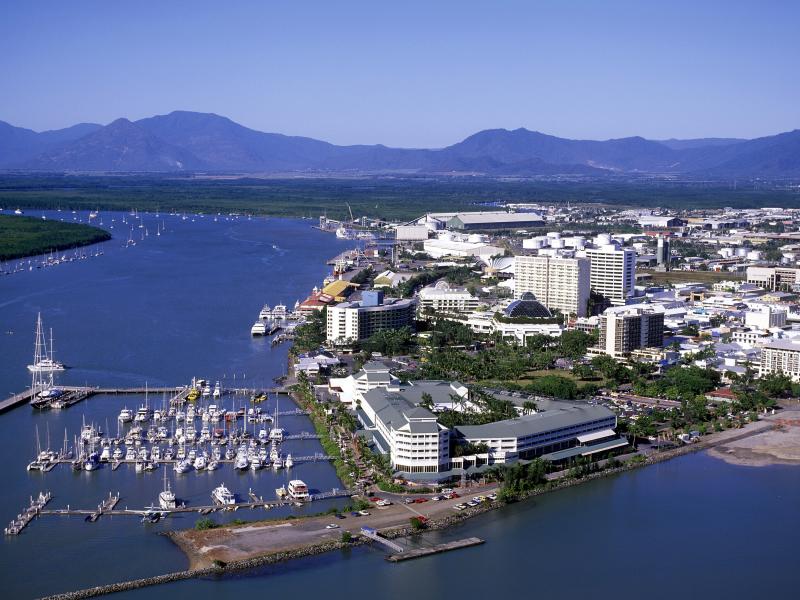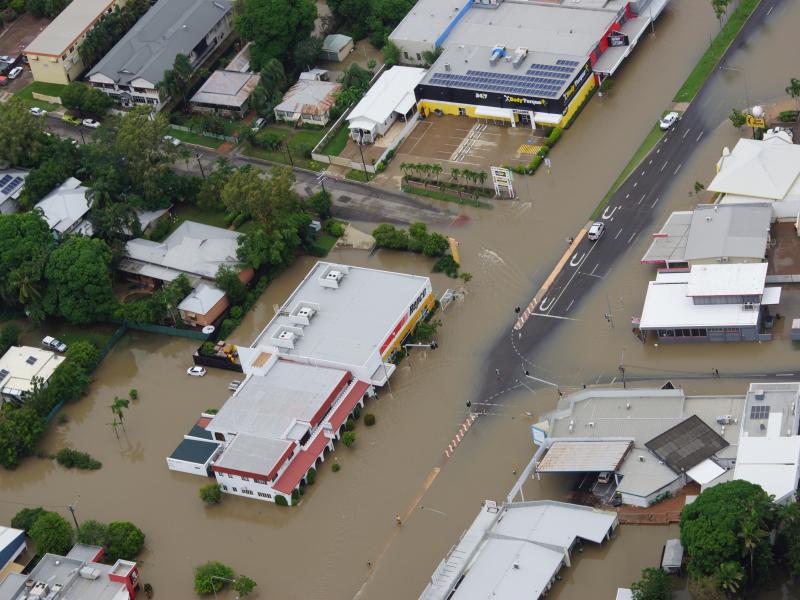Heatwaves have taken more lives and caused more adverse health outcomes than any other natural hazard in Australia.
Queensland is experiencing an increase in the frequency and duration of heat waves, including higher humidity and higher overnight temperatures.
Learn what you can do to stay safe during these conditions.
What is a heatwave?
The Bureau of Meteorology defines a heatwave as 3 or more days of high maximum and minimum temperatures that are unusual for that location.
Check out the Bureau of Meteorology’s video below to learn more about heatwaves and why they occur.
Understand your risk
Heatwaves can impact anyone. However, there are members in our community who are particularly vulnerable and need to take special care during heat waves. This includes:
- babies and young children
- elderly
- pregnant and breastfeeding people
- people with medical conditions such as asthma or those on certain medications
- pets, and
- people who work in the outdoors and atheletes.
If you are in one of these vulnerable categories, or care for someone who is, it is important to follow a few simple steps to reduce your risk to stay cool and hydrated during heat waves.
For more information on the risks of heatwave, head to hot weather, health and safety. You can also download the Get Ready heatwave checklist (166.94 KB).
Get Ready for Heatwave
Find out more and Get Ready
Check out these other pages and resources to help you Get Ready.





